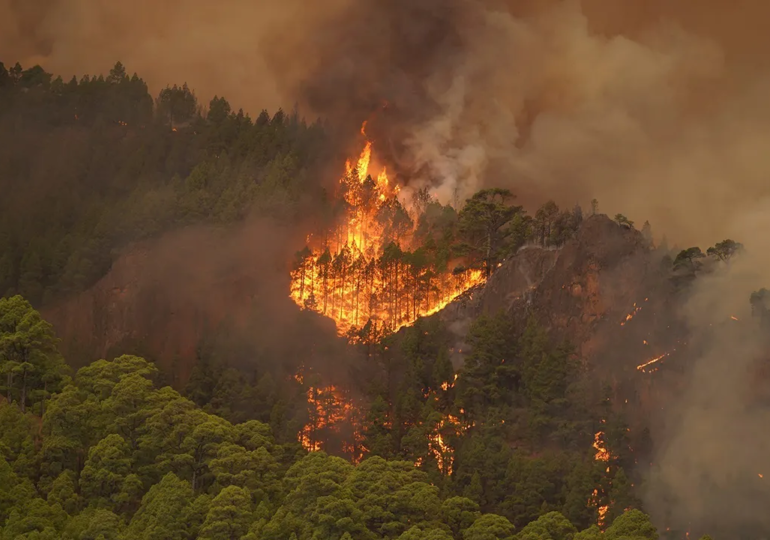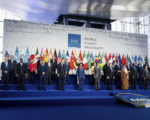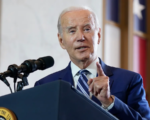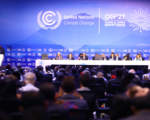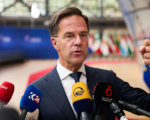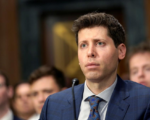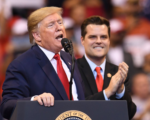G20 Leaders Focus on Climate Change at Rio Summit’s Final Day
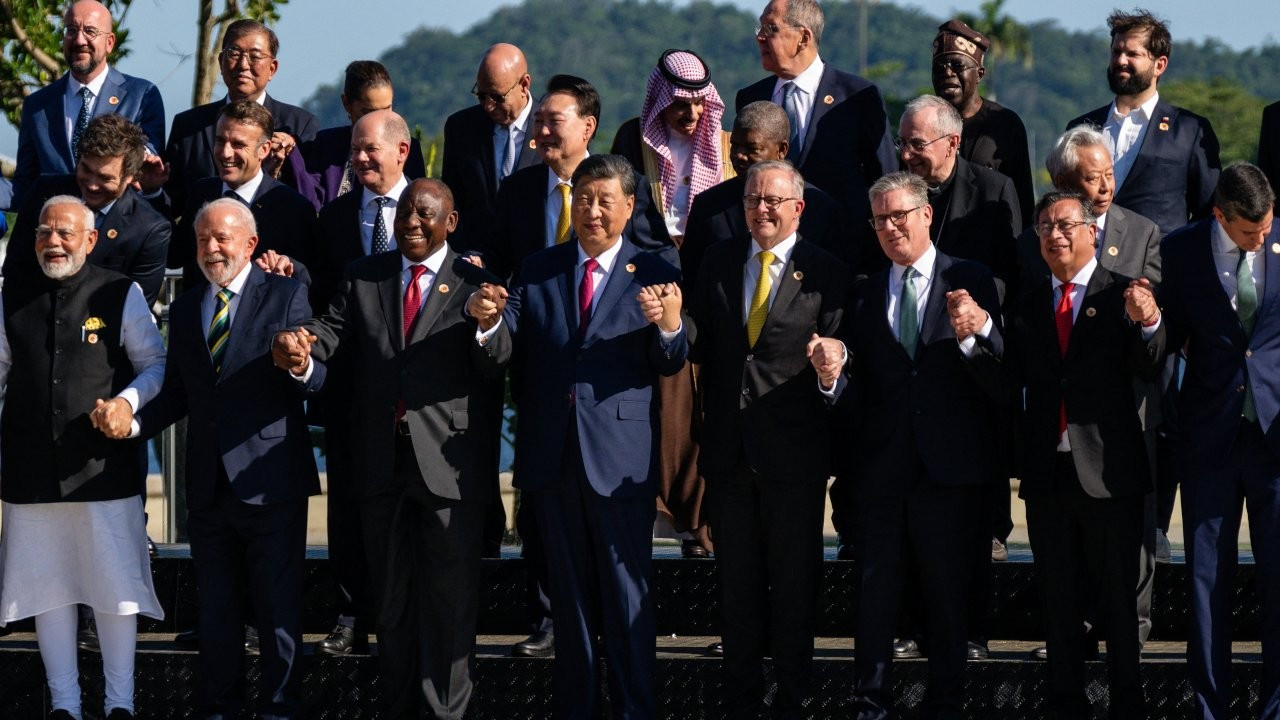
Climate Focus Dominates G20 Summit in Rio
On the final day of the G20 summit in Rio de Janeiro, world leaders turned their attention to the pressing issue of climate change, aiming to push forward a global response as they prepare for critical U.N. climate talks in Azerbaijan. The discussions centered on sustainable development and the transition to cleaner energy sources, with an emphasis on securing a successful deal at COP29.
The host of COP29, which is taking place in Baku, Azerbaijan, made an urgent call for G20 countries to send a strong signal about the need to address climate change. The plea was made as the U.N. talks faced difficulties, threatening to stall progress in the global fight against warming temperatures.
As the world is on track to experience its warmest year on record, leaders at the G20 summit are particularly focused on building momentum before the potential return of Donald Trump to the U.S. presidency in January. Trump has indicated that, if reelected, he would withdraw from the Paris Agreement on climate change and reverse U.S. policies aimed at mitigating global warming.
G20 Leaders Commit to Climate Finance and Address Global Disparities
A joint statement issued by the G20 leaders emphasized the need to “rapidly and substantially increase climate finance from billions to trillions from all sources” to fund climate mitigation and adaptation efforts. The leaders also stressed the importance of reaching a new financial goal to provide support to developing nations, particularly in light of the challenges posed by climate change.
Despite these commitments, the statement refrained from specifying what the financial targets should be at the U.N. summit. Economists suggest that the goal should be at least $1 trillion annually to effectively address the needs of vulnerable nations. While the G20 recognized the need to resolve this issue, the exact solution remains unclear.
Developed countries, including those in Europe, have called for a broader contributor base that includes wealthier developing nations such as China and Middle Eastern countries. In contrast, developing nations like Brazil, the host country of the G20 summit, have resisted expanding the financial responsibility beyond the historically responsible developed nations.
Environmental Impact and Plastic Pollution Agreement
At the opening of the summit, Brazilian President Luiz Inácio Lula da Silva stressed the urgency of addressing climate change, which has become increasingly evident worldwide. With the G20 countries responsible for more than three-quarters of global emissions, their role in shaping a unified response to climate change is seen as crucial.
In addition to climate finance, the G20 also committed to finalizing a legally binding treaty to combat plastic pollution by the end of 2024. This commitment aims to conclude over two years of negotiations and establish global regulations to reduce plastic waste, which is another significant environmental challenge.




